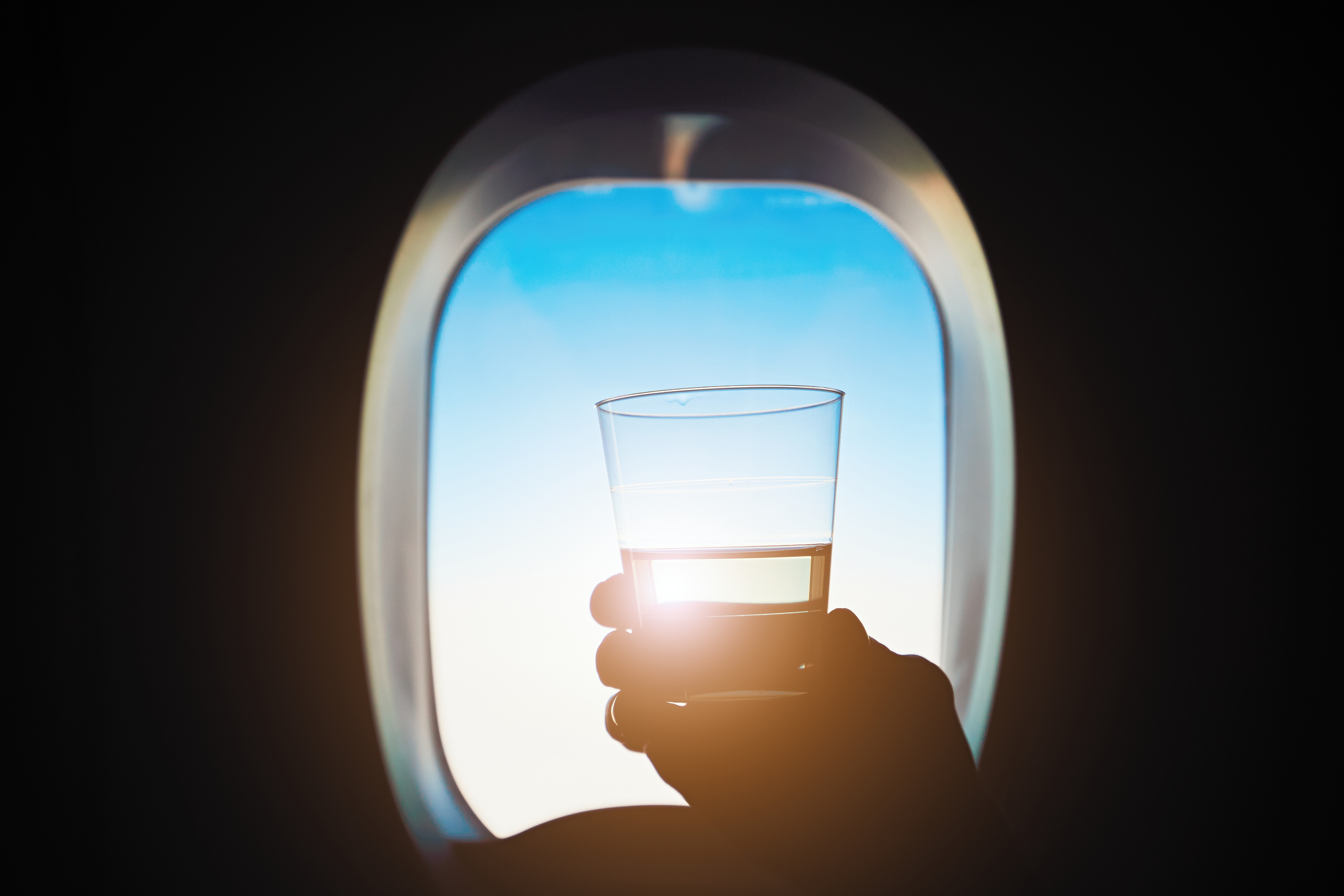Why it’s time to screen airline passengers for alcohol abuse
The number of incidents involving disruptive passengers on aircrafts continues to rise. There was a 100% increase from 2015 to 2016, according to figures released by the CAA (Civil Aviation Authority), with 418 flights affected. Alcohol is the most common cause of in-flight disruption. At Gatwick, the UK’s second largest airport, there have been 113 incidents attributed to drunken behaviour this year alone.
Drunken behaviour can affect the safety of passengers and staff on board flights, making for a miserable start to a holiday. In many cases, planes have to be diverted, which can cost the airline up to £80,000 depending on the size of the aircraft and the location of the diversion.

The rise in incidents is hardly surprising given that the majority of Britons admit to drinking both before boarding the plane and during the flight. A study by Cheapflights found that UK holidaymakers drank an average of five alcoholic drinks before going on holiday – three at the airport and two more on the plane.
Following the increase in the number of drunken incidents, the Government announced in November that it was reviewing the licensing laws on alcohol sales at all airports. The three-month review could spell the end of early-morning drinking in airport bars and restaurants. The Home Office is asking the public for evidence and views on whether introducing alcohol licensing laws at airports in England and Wales could help tackle the problem of drunk and disruptive passengers.
Announcing the review, Home Office minister Victoria Atkins said: “Air travel often marks the start of an exciting holiday abroad and airports are places to eat, drink and shop as we wait to board our flights.
“Most UK air passengers behave responsibly when flying, but any disruptive or drunk behaviour is entirely unacceptable. This is an excellent opportunity for all interested parties to engage directly with us, inform our understanding of the problem and identify suitable solutions.”
Unworkable solutions
Some airlines have welcomed the possibility of prohibiting alcohol sales before 10am and limiting passengers to two drinks before a flight.
However, this scheme does not take into consideration the unique environment of an airport and the many passengers who are travelling through different time zones. For example, even though the local time in London might be 10am, for someone flying from the Far East their body clock believes it’s around 6pm. While for a passenger from New York, their 10am is 3pm in London. The real issue that needs to be tackled is preventing problem passengers from flying – whatever the time of day.
Licensing alcohol in airports will not stop problem passengers – people who want to drink to excess will always find a way. In any case, airport outlets serving alcoholic drinks would be unnecessarily penalised through loss of sales if punitive licensing laws were to be put in place.
While it is illegal to be ‘drunk’ on an aircraft, the CAA has not yet set a defined limit for what ‘drunk’ actually is. This leaves airports and airlines unable to identify which passengers can and can’t fly. Setting a specific limit would prevent problem passengers from flying and allow responsible travellers to continue to drink sensibly, as the majority do now.
